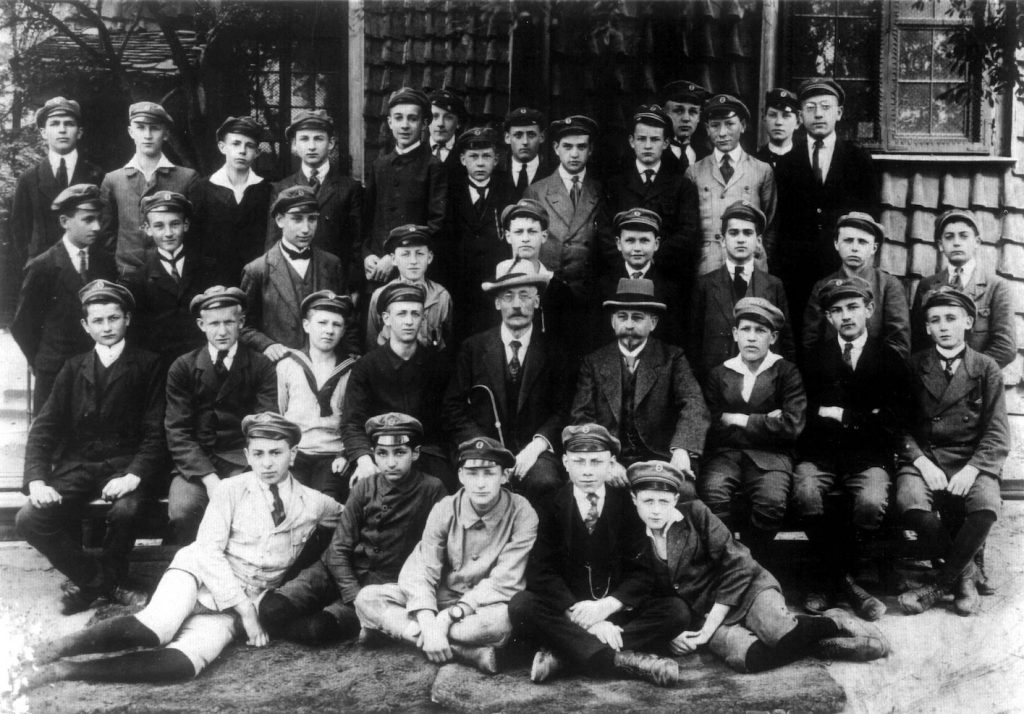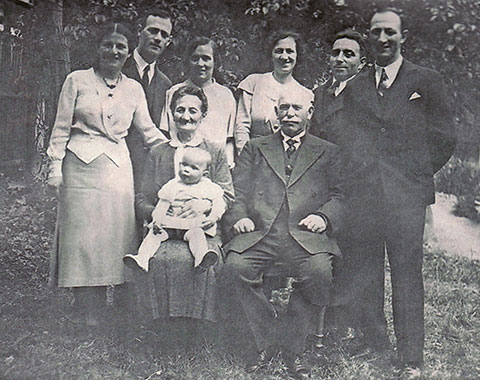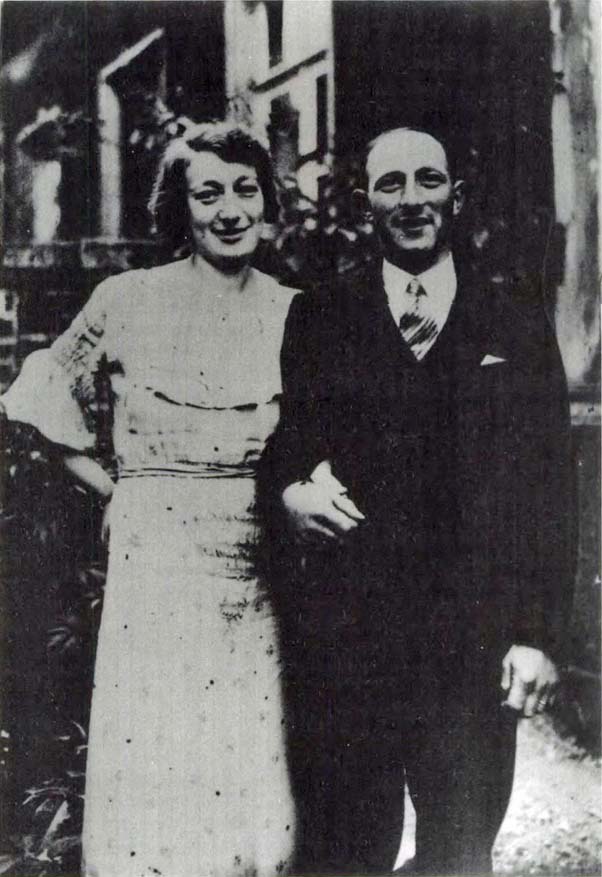Born: Boffzen, Germany, 18 August 1905
Profession in country of origin: Butcher
Arrived in Britain as a refugee in 1939
Documents
Male enemy alien - Exemption from internment - Refugee
Surname: Kleeberg
Forename: Walter
Alias: -
Date and place of birth: 18/08/1905 in Boffzen
Nationality: German
Police Regn. Cert. No.: 768 141
Home Office ref: C 2858
Address: Kitchener camp, Richborough, Sandwich, Kent
Normal occupation: Butcher
Present occupation:
Name and address of employer: -
Decision of tribunal: Exempted "C" & 9A
Date 23.10.1939
Whether exempted from Article 6(A): Yes
Whether desires to be repatriated: No
Kleeberg, Walter
[Hand-written addition] Released Cat 17
24.12.1940
18.08.1905
35
55, Golders Gardens, NW1. K20323
768141
M.P.D."S" Division
Circular 21.06.1940
Source: National Archives, Home Office: Aliens Department: Internees Index, 1939-1947.
Editor’s note: We are not allowed to reproduce National Archives (UK) images, but we are permitted to reproduce the material from them, as shown above.
There is an excellent article about Walter Kleeberg and his family at the link below which was sent to the project by some of Walter’s distant family. Permission to reproduce it here was very kindly provided by the Chair of the Jacob Pins society.
The family who sent us this link has also very kindly provided a translation, as follows:
Walter Kleeberg (Clay) biography
Walter was the son of Hermann Kleeberg (born 1873) and Frieda Weissenklee (1871) (they both died in the Holocaust). Hermann and Frieda had five children: a daughter died in childhood, three children survived in exile, the oldest, a son Eric, died in the Holocaust.
Until the Third Reich, Hermann Kleeberg and his younger son Walter continued working as butchers largely unhindered. From March to May 1938, however, both were subject to arbitrary arrest by the Nazis. They were detained in a Holzminden prison, accused of tax evasion and operating an illicit slaughterhouse. Although their lawyer managed to refute the accusations, father and son were released a few months later at the cost of expropriation of their properties.
In the pogrom night of the 9/10 November 1938, the next arrest followed shortly afterwards. Hermann and Walter Kleeberg were arrested in the town hall in Höxter and taken to the concentration camp Buchenwald where they experienced all the maltreatment, humiliation and hard labour in the quarry. While Walter was released after only five months, his father Hermann could return to Boffzen before Christmas, thanks in part to the efforts of his other son Erich.
While their son Walter only returned to Boffzen for a short time and finally found the opportunity to escape into exile, Hermann and Frieda Kleeberg initially stayed in Boffzen, where they now lived in their expropriated house in a small room under the roof, which they hardly left.
Son Walter Kleeberg and his Fate (Der Sohn Walter Kleeberg und sein Schicksal)
Hermann Kleeberg’s younger son, Walter (1905-1990[?]), as well as his brother Erich attended the Jacobson School in Seesen after primary school in Boffzen. He graduated from secondary school and became a butcher in his father’s shop. In 1927/28 he is even named as the youngest butcher in the area. In the 1930s he married Martha Heimbach (*1907) from Laer. However, no children resulted from the marriage, because in 1938 Walter Kleeberg was imprisoned with his father for several months in Holzminden because of alleged tax evasion and black slaughter, until father and son were released again at the cost of the expropriation. In order to escape unemployment, Walter Kleeberg worked on road construction.
However, already in the pogrom night of 9/10 Nov. 1938 Walter Kleeberg was arrested again, this time in the town hall in Höxter with his father and deported to Buchenwald where he remained until 12.4.1939. After his release he returned to Boffzen, but knew that his stay was no longer possible. Warned by friends, he went to Münster and received a telegram in Hebrew. Via Aachen, where the SS briefly detained him, he arrived in Calais and from there to Dover. From England he tried in vain to fetch his wife Martha, who had returned to her parents in Laer after Walter’s emigration. She was deported to Riga on 13.12.1941 and is considered lost.
In England, Walter Kleeberg found a new existence in Pinner near London as Walter Clay. He worked in his learned profession and married a second time. A son and a daughter resulted from his marriage to Rosalie Lotrovski (1917-1978), who was born in Poland. He visited his home village of Boffzen twice unbeknown to the villagers, and it was not until 1988 that the community learned of his third visit, during which he signed the guest book and received a glass bowl with the Boffzen’s coat of arms. He died in 1990 in Pinner.
Photographs
Photographs reproduced with the kind permission of Fritz Ostkämper, Chairman www.jacob-pins.de



